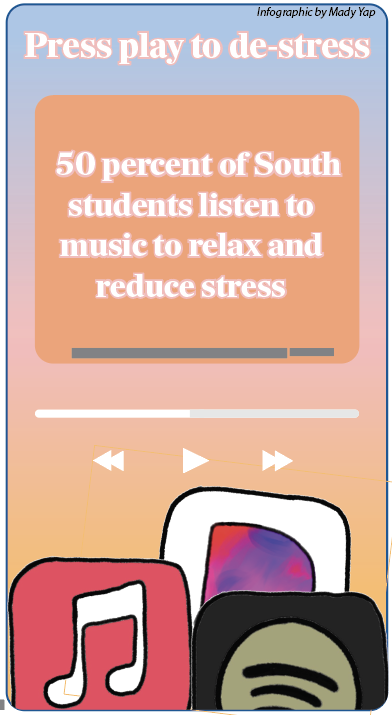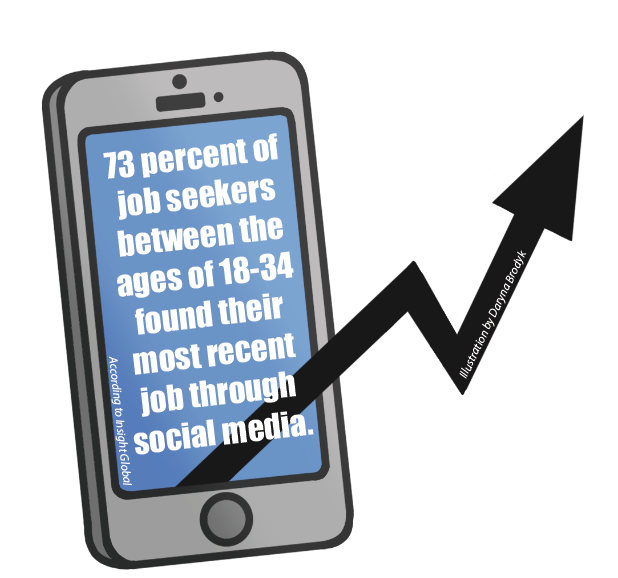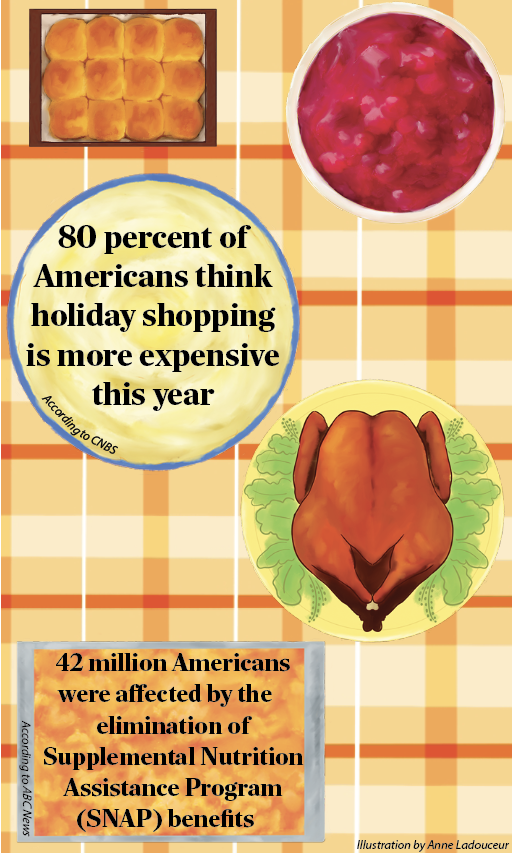I recently overheard a discussion in one of my classes about a shopping app called Temu where everything was incredibly cheap. My classmates were speaking about the app half mockingly and half in-awe of this all-providing site. In my head, I couldn’t help thinking, “How could those prices be so cheap?”
After researching and surfing the site myself, I was immediately overwhelmed—the site screamed at me to get “lightning deals” on $4 sunglasses, a lint roller, and debatably the weirdest pair of tennis shoes I had ever seen.
So, who is buying all this stuff? Temu is the most downloaded app on the App Store and Google Play, with 100 million downloads and two and a half million reviews, according to CBS News. The more downloads this app gets, the more reason we must start considering the true cost of consumerism.
We have heard about unethical practices associated with online shopping sites and production numerous times in the past. Shein, the fast-fashion giant that pumps out several tons of clothes for fancifully cheap prices, has been called out for its implementation of 17-hour workdays and inhumane working conditions, according to Time. Similarly, Amazon has made an aggressive attempt to contain workers’ unions within the company, according to the Ethical Consumer. And Temu, which has made meteoric rise in popularity recently, has been deemed at an “extremely high risk” of certain products being associated with forced labor.
Clearly, there is a pattern; where mass production leads, human rights becomes collateral damage. Now, these civil issues have become even easier to ignore—shrouded behind bright, enticing banners and cheap prices. Especially since Temu is gaining even more popularity.
As I was watching the Superbowl—for the ads, like your average American—I noticed a reappearance of the same orange-soaked ad: a woman makes continuous, low priced purchases from consumer paradise, Temu, and transforms her dull world into an ochre wonderland, all for the cheapest costs.
Temu ran three 30-second ads in the Superbowl this year, spending $7 million, according to Business Insider, a financial and business news website. It wasn’t the fact that it was the same corny ad three times in a row that annoyed me, it was the obvious glorification of consumerism. The ad itself promoted the idea that buying more would evenly just solve more of your problems.
Having easier access to a plethora of goods creates more dysfunction than we think.
Students at South are not immune to the pull of online products. Forty-five percent of students at South shop online every month, 15 percent of them shop online every week, and ten percent of them shop on Temu, according to a non-scientific The Oracle survey of 315 students. While online shopping is obviously way easier and more accessible and convenient to all of us, collective excessive use has catastrophic consequences. The gaining popularity of Temu is yet another reminder of the importance of being mindful of the real process of online consumerism and being considerate of the fact that it is way more complicated than we assume when we click that button.
So, before you go ahead and buy that pair of shoes, consider where it’s coming from. Consider if you really need it, and consider if it’s worth the price; no, not the disturbingly low price of those shoes, but the cost of our collective rights.








